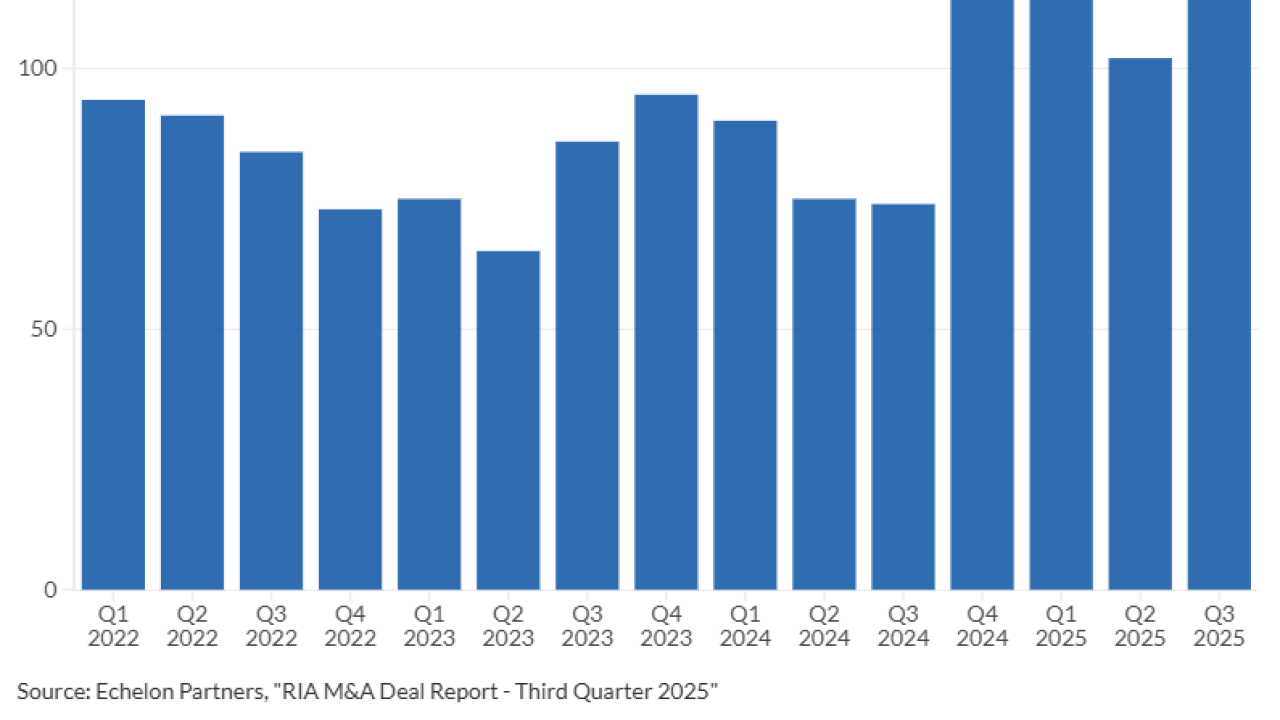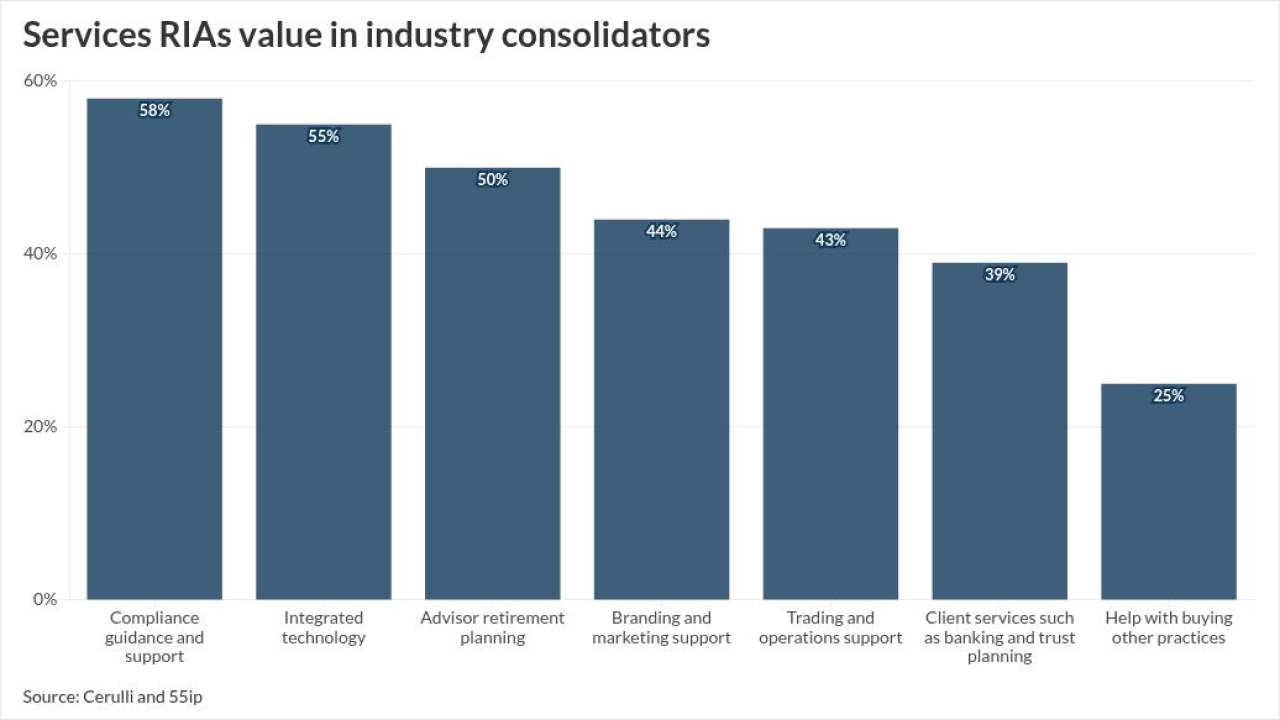Our weekly roundup of tax-related investment strategies and news your clients may be thinking about.
Clients are advised to put their retirement savings in investment accounts with different tax treatments as part of their retirement income plan, a certified financial planner writes for the San Francisco Bay Times. "The advantage of owning a tax-diversified mix of assets once you reach retirement is that it helps you to manage your tax burden on a year-to-year basis, per your personal circumstances," the expert explains. "Managing income levels effectively in a particular year can help limit the amount of taxes due in that year. Depending on your income level, a portion of Social Security benefits may be subject to federal income tax."

Clients are better off saving for retirement in a 401(k) plan than depositing the money in a bank account or investing it in a taxable account, Morningstar's Christine Benz writes. An employer-sponsored retirement plan offers various tax benefits, such as tax deferral on contributions and returns in traditional accounts, and tax-free growth on savings and withdrawals, according to Benz. "By contrast, if you contribute to a taxable account on your own, you'll only be able to contribute after-tax dollars, you'll owe capital gains and income tax on any distributions during your holding period and you'll pay capital gains on any price appreciation when you sell."
-
Young firm lays off 10; president who lead business-to-business effort resigns.
April 28 -
Tapping a 401(k) isn’t good idea, so it would need to be the lesser of two or more evils. And they “would have to be pretty evil evils," says an expert.
May 31 -
Clients should not necessarily consider a 401(k) the first stop for retirement savings.
May 2
A recent survey found that advisers are more inclined to recommend ETFs than other investment options, MarketWatch reports. Advisers prefer ETFs because of lower costs, tax efficiency and trading flexibility. “ETFs are a great way to capture sector or asset class exposure with very little expense,” an expert says. "Additionally, ETFs are more available, with trading possible when the market is open, opposed to end-of-day only for mutual funds."
This asset class has faced an uphill battle in a sector defined by low-cost, index-hugging funds, but there are some true standouts.
Clients would be better off opting for a balance transfer card to pay off their credit card debt than borrowing some funds from their 401(k) plan, according to Motley Fool. Using a balance transfer card would reduce or scrap the interest on the debt, whereas 401(k) withdrawals could trigger penalties and income tax liabilities.
Clients who win in a big lottery such as a Powerball jackpot are advised to set the money aside in a bank account before deciding what to do with the windfall, according to CNBC. That's because emotions run high days after the win, and they need to set goals and plan to deal with taxes and other consequences. Data from lottery site USAMega.com show that a $273.1 million cash prize would mean $68.28 million in federal taxes and another $24.1 million in state taxes, and the actual tax liability could even be larger.






